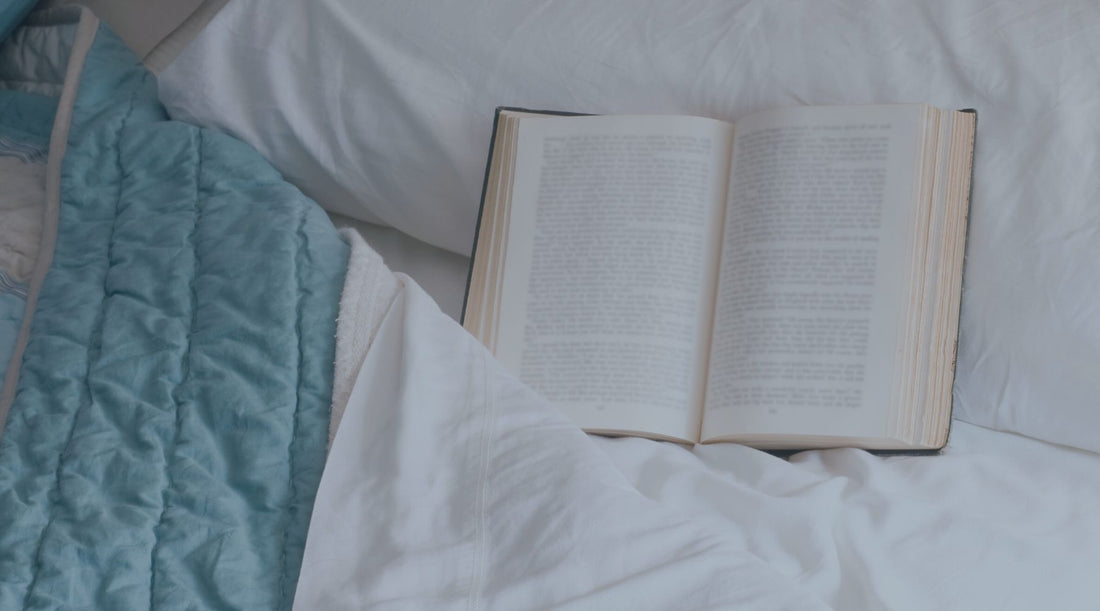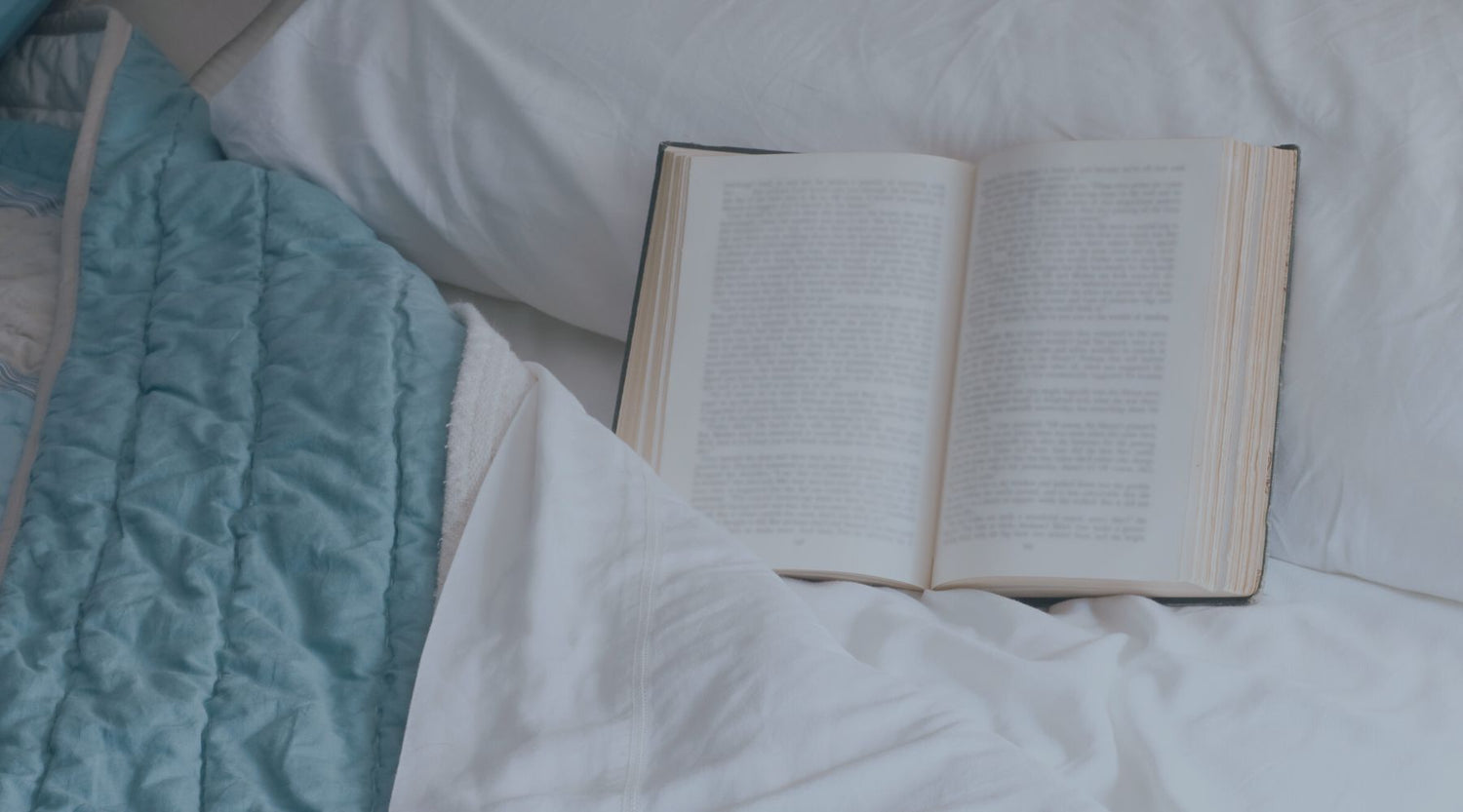Struggling with getting a good night’s sleep and don’t know how to fix your sleep schedule? Check out these helpful tips to correct your sleep schedule so you can reap the benefits of quality sleep!
1. Kick Afternoon Caffeine
Everyone knows drinking coffee or tea before bedtime won’t do you any favours in getting some shut eye. But, you also need to monitor caffeinated beverages in the afternoon that can sabotage sleep later.
Avoid further doses of caffeine after 2pm (or even earlier) and instead take a short energising walk to help you get over your mid-day slump.
2. Drink Alcohol Earlier
Yes, a nightcap might seem like a good way to relax and fall asleep faster. But, it won’t help the second half of your sleep cycle, as it decreases deep sleep and increases midnight wake-ups.
If you enjoy a glass of wine, it’s wise to partake at dinnertime, rather than bedtime. Plus remember to always drink in moderation, so the effects wear off before you hit the sack!
3. Beware of Blue Light
Phones, laptops, and tablets emit light of all colours, but it’s the blue lights in particular that pose a danger to sleep. Blue light exposure prevents the release of melatonin, the sleep hormone.
Melatonin is usually released a couple of hours before bedtime to help prepare your body for sleep. It’s not a knock-out hormone, but it does reduce alertness and makes sleep very appealing. When blue light prevents the release of this hormone, you inevitably stay more alert and thus not desiring sleep - even though your body needs it.
Can’t part with your bedside electronics? There are a few possible solutions for reducing your exposure to blue light at night.
One is a program called f.lux. The program makes the colour of your computer’s display adapt to the time of day, warm at night, and like sunlight during the day. This program can be installed on computers, iPads, and iPhones, and may have a significant effect on your melatonin production.
Plus, it turns on automatically in response to the daylight in your particular time zone, so there’s no need to remember to make any adjustments to the screen.
4. Set Your Internal Sleep Clock
A regular sleeping schedule is very important as it helps to ensure better quality and consistent sleep. Going to bed and waking up at the same time each day sets the body’s “internal clock” to expect sleep at a certain time: night after night.
Try to stick as closely as possible to your routine on weekends to avoid a Monday morning sleep hangover. Waking up at the same time each day is the very best way to set your biological clock, and even if you did not sleep well the night before, the extra sleep drive will help you consolidate sleep the following night.
5. Avoid Napping Late in the Day
Although taking naps in the day can help you re-energise to continue your daily tasks, mid-afternoon snoozing can interfere with your natural sleep patterns making it harder for you to fall asleep at night.
If you feel sleepy during the day, you may want to stretch a little bit or go for a brisk walk to refuel your energy instead.
6. Get in a Sleep Promoting Mood
There are tons of sleeping habits you can follow before your bedtime to get you in the mood for sleep. You can read a couple of chapters of a good book or write in a journal while allowing your mind and body to relax and calm down before you feel sleepy.
You can also play soft music as part of your bedtime routine as it can help prepare your mind and body to relax and may help reduce stress, allowing you to fall asleep faster. Just make sure you maintain good sleep hygiene by making your bed comfortable, reducing any distractions, and maintaining the right temperature conducive to slumber.
7. Exercising Too Close to Your Sleeping Time
Many individuals may want to perform their daily exercise routine during day time, or even in the morning, primarily because it can help wake you up.If you prefer doing your exercise at night, try scheduling it earlier so you have time to let your body relax from the physical activity.
8. Eat Foods That Help Promote Sleep
Your diet can also help you achieve restful sleep. Try adding the following foods to your everyday meals:
- Passionflower tea
- Lavender tea
- Walnuts
- Fatty fish
- Tart cherry juice
- Kiwi
- Chamomile tea
- Turkey
- Almonds
Almonds, for example, are a great source of many nutrients, such as manganese, phosphorus, and magnesium.
Passionflower tea is rich in antioxidants like apigenin, which can provides a calming effect by binding together your brain’s receptors.
You could try a natural supplement that promotes restful sleep. Bedtime Blend restores quality sleep so you feel rested and refreshed. Fall asleep, right when your head hits the pillow. No more endless chatter running through your head.
Fixing your sleep schedule naturally deals with tweaking your habits and creating a lifestyle that supports quality sleep. A little discipline will guarantee you some solid shut-eye come night time!


